LOOKING out from Teignbridge’s coastline, it’s difficult to imagine what weird and wonderful wildlife lives below the waves. But for Rob Hughes, skipper aboard the Devon Sea Safari, it’s just another day at the office.
Taking people from Teignmouth Harbour daily, Rob’s trips are a sight to behold, with his photos and accompanying local knowledge peeling back the secrets of one of the most biodiverse stretches of ocean in the UK.
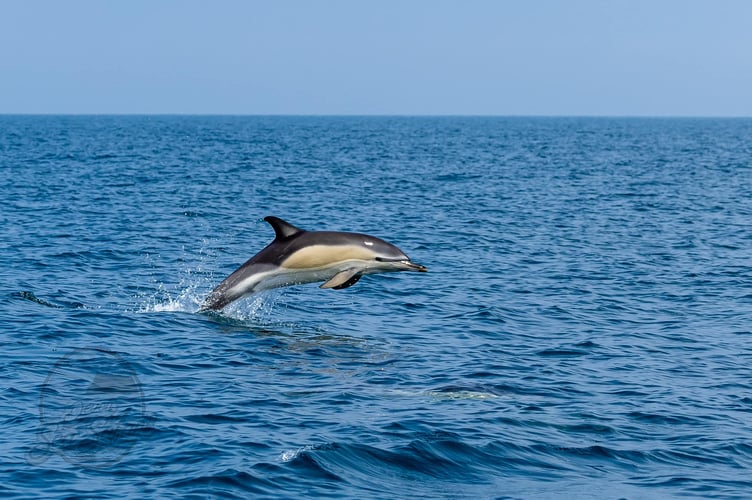
‘I stumbled into photography somehow,’ said Rob, ‘I wanted to get some decent photos for the business and then it went from there.
‘I’ve had no formal training, I just take loads of photos and hope that some turn out good! People seem to love them and I think it’s because it brings them closer to what’s on our shores.’
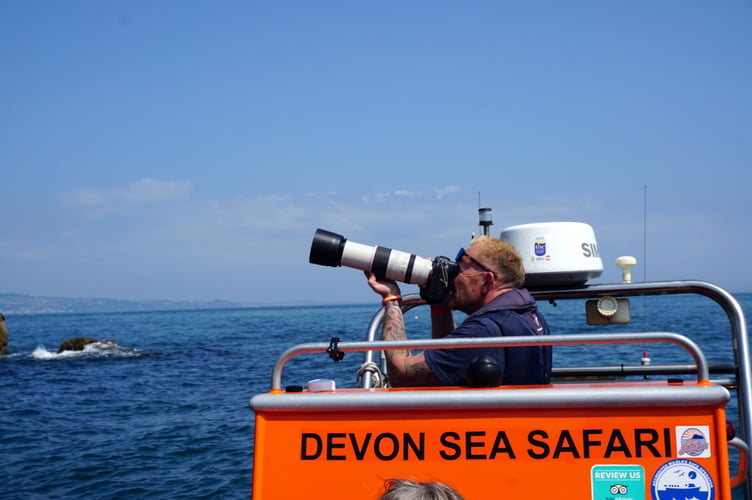
Working all sorts of ocean-related jobs throughout his life, Rob’s love of the sea and everything within it grew over time.
‘I fell into the wildlife part, it wasn’t always intentional,’ said Rob, ‘I kind of developed a passion for sea life by just being around boats all my life and just observing it all the time.'
From sea safaris on super-yachts to coaching the Portuguese National Wakeboarding Team, Rob’s love of wildlife found its way to Teignmouth 11 years ago, when he began to save for his bright orange rib, often seen leaving the harbour. In 2018, Devon Sea Safari was born.
Five years on, Rob continues to hone his sea life tracking skills, and his passion for what’s around our coast has only strengthened.
Rob said: ’We’ve got just such an abundance of wildlife here, we have many shearwaters that are from the Southern Ocean, near the Falklands, and migrate all the way to our area.
‘We have Balearic shearwaters which are amazing to see, they’re critically endangered. There are only about 500 on the planet and we’ve basically had all of them in our patch at times.
'We have the guillemots that spend their lives out at sea, but come in for breeding, all the different types of gulls, fish, bluefin tuna, and thresher sharks as well.
'I’m passionate about all the wildlife, but peregrine falcons are one of my favourites.’

Once persecuted to the brink of extinction in World War Two for hunting the all-important messenger pigeons, the fastest animal in the world now thrives in Labrador Bay, with several birds living along the coast.
However, always the stars of the show for Rob’s visitors are the dolphins. Rob has a keen eye for the animals, which are best found when they’re feeding.
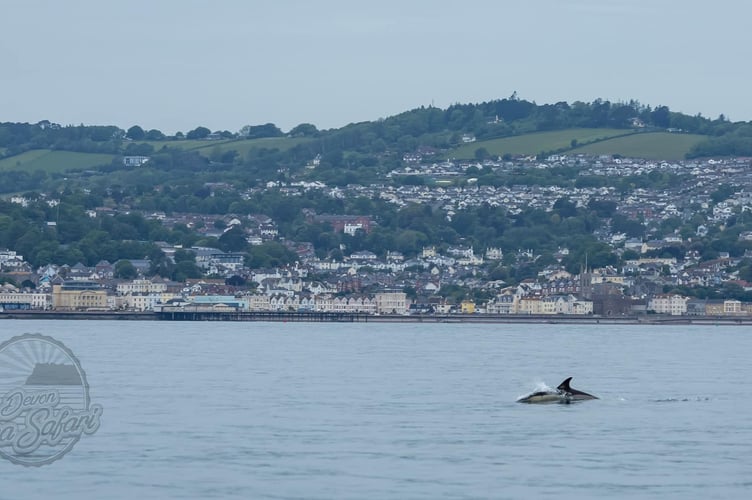
Rob said: ‘It’s all in the teamwork for them. They start swimming around the fish to get them into a ball called a bait ball, then a few will go underneath to push the fish to the surface and each one can steam into the bait ball to feed.
‘Then the birds then come in to feed as well because the fish are so plentiful, we get what’s called a feeding frenzy. It can become a bit of a Blue Planet moment!’
The abundance of sea life in South Devon comes from the unique conditions that the Gulf Stream produces.
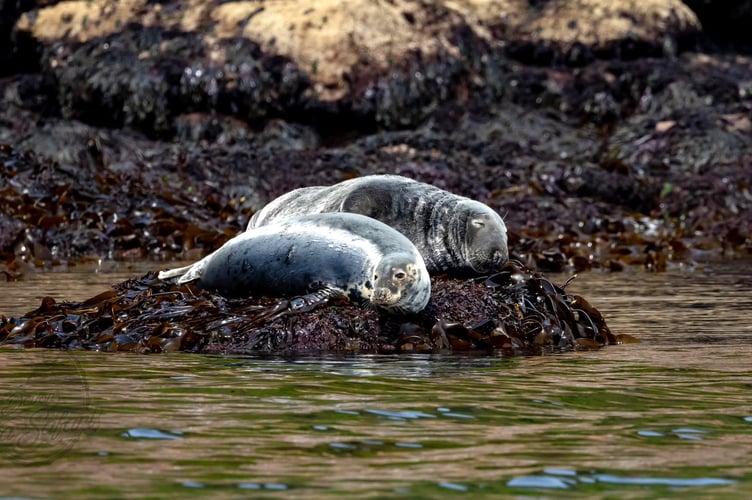
Rob explained: ‘Because we’ve got the Gulf Stream, warm water that comes from the Caribbean, that’s always kept South Devon quite temperate. It never really drops below ten degrees and never really goes above 20 degrees. Although sometimes we do get extremes, this gives us a nice temperate area that wildlife really enjoy.’
However, things are changing in our oceans. Working at sea every day means that Rob is the first to notice.
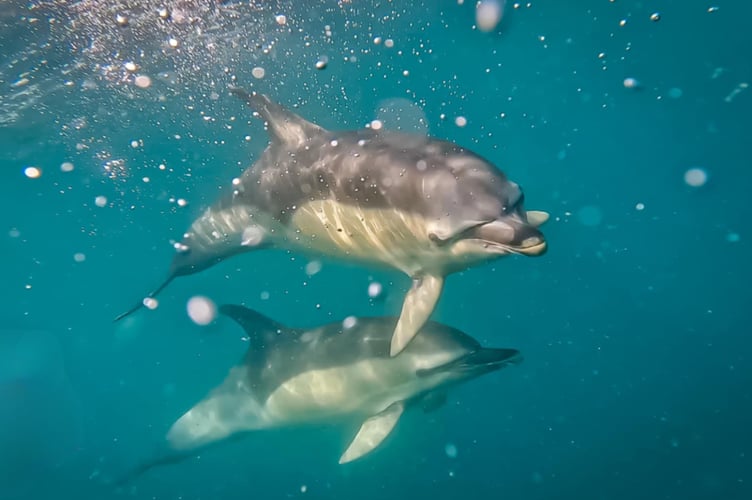
Rob said: ‘There’s been a definite slight warming of our seas round here. It’s probably got about a degree warmer in the last ten years.
‘We’re seeing a lot of warmer water species such as bluefin tuna and thresher sharks, they’re quite happy in our waters now. 20 years ago it would have been a once-in-a-lifetime experience to see a shark leap out of the water in England but now you get about four or five sightings a year.

‘When you get into summer months, you get an increase in plastic pollution, people leave their stuff by the water which then blows into the sea which then becomes part of the environment really. Over a few hundred years, that becomes micro-plastics that remain in the environment forever.’
But the tide is turning, and Rob hopes that businesses like his can responsibly show the jewels of our region’s oceans, and foster greater awareness around their protection.
‘Over the last ten years, there’s been a massive increase in eco-tourism which is encouraging. The more people that know about what’s living in our area the more people will look after our oceans.’
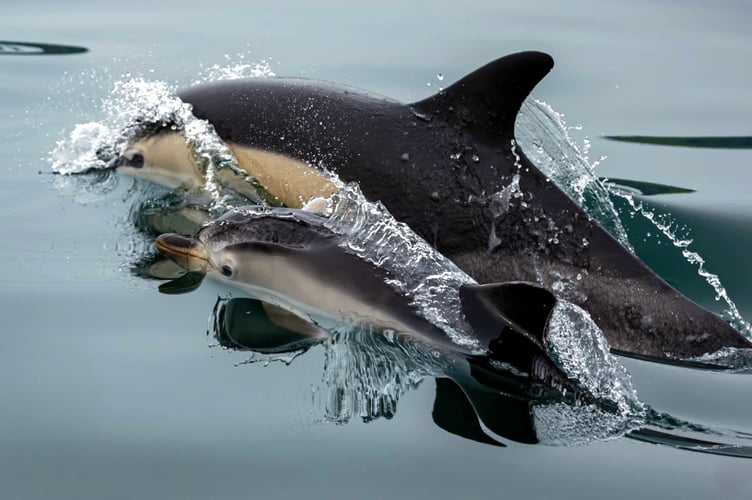

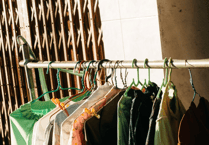
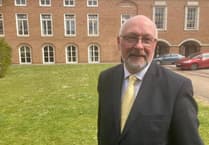
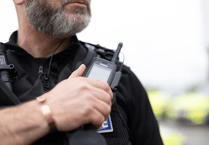

Comments
This article has no comments yet. Be the first to leave a comment.